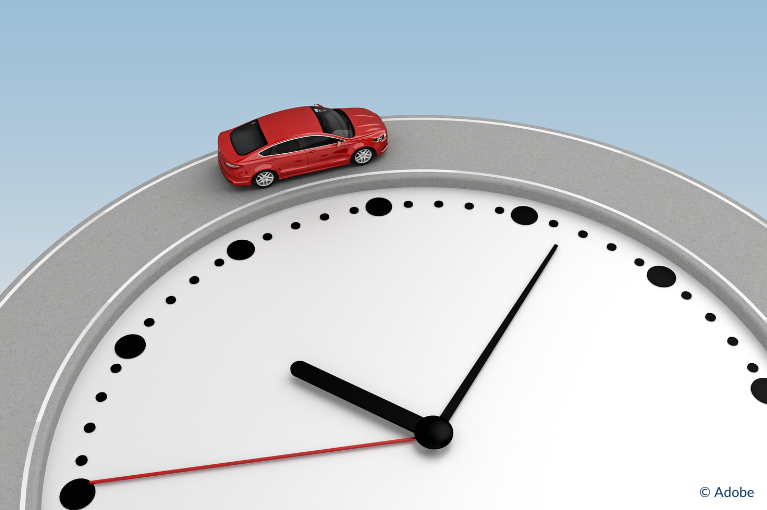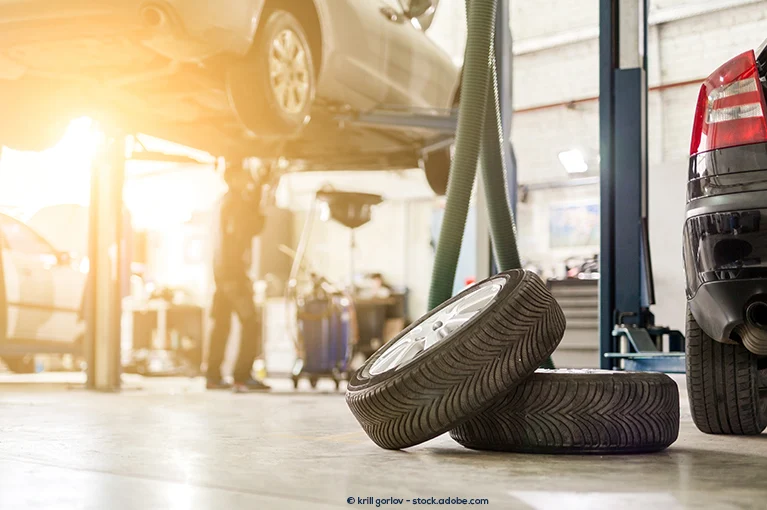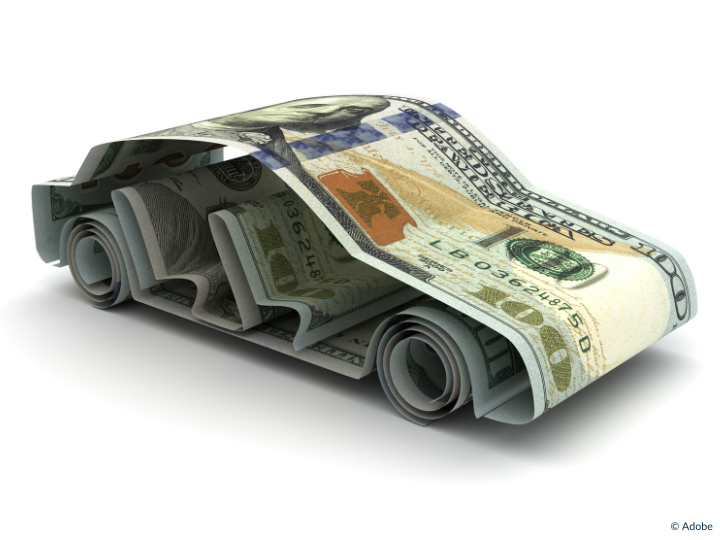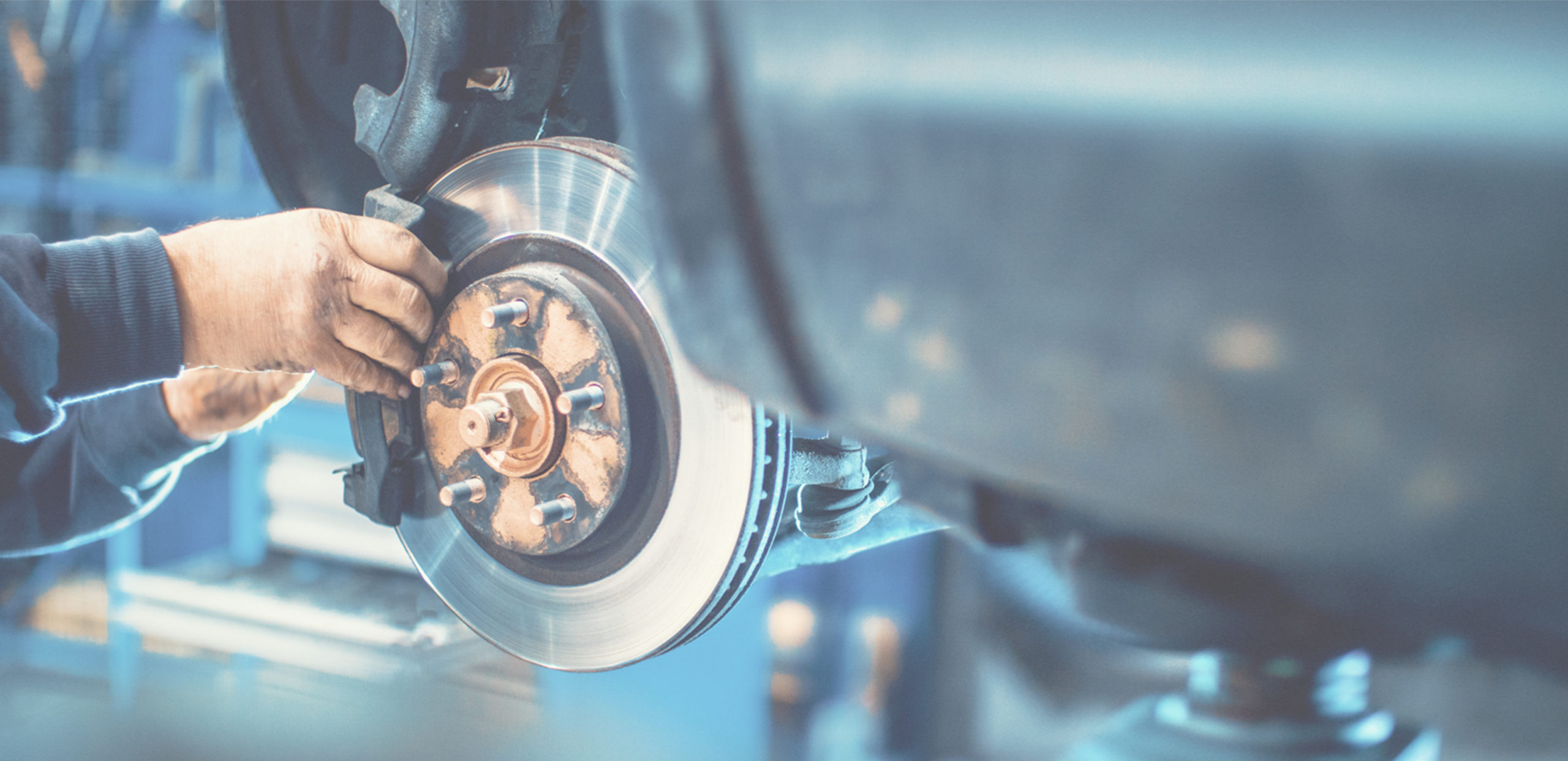If you recently bought or leased a vehicle and it’s not working as it should, your vehicle might be what’s called a “lemon.” In other words, it’s considered to be defective under the California Lemon Law. Luckily, the California Lemon Law offers recourse to those saddled with lemon vehicles.
The California Lemon Law will cover a motor vehicle with a defect or “nonconformity” that is not repaired by the auto manufacturer or its dealerships within a reasonable number of repair attempts.
The California Lemon Law defines a defect or “nonconformity” as a defect “which substantially impairs the use, value or safety” of the vehicle. In other words, if a recurring problem impacts the vehicle’s drivability, safety or lessens its worth, it could be considered a defect under the California Lemon Law.
Defects or nonconformities covered under the California Lemon Law include problems with the engine, transmission, brakes, electrical system or other essential components. Moreover, the defects or nonconformities have to be covered by the auto manufacturer’s warranty and surface during the warranty period. Finally, the auto manufacturer or its dealerships must be given a chance to fix the vehicle.
To find examples of vehicle defects or nonconformities that can give rise to consumer lawsuits, read about the Chevy Shake or the Ford F-150 transmission problems.
The California Lemon Law does not cover defects or nonconformities “caused by the unauthorized or unreasonable use” of the vehicle. In other words, the California Lemon Law does not cover vehicle damage caused by the vehicle owner due to incorrect use. It also does not cover defects caused by or present in aftermarket parts.
Your lemon law claim may be strengthened if the defects arose within the first 18 months or 18,000 miles (whichever comes first) and one of the following happened to your vehicle: it was stuck in the shop for 30 cumulative days, it had four or more repair attempts for a defect or nonconformity, or it had two or more repair attempts for a defect that could cause death or serious bodily injury.
However, lemon law claims can still be pursued even if your lemon case does not fit that description. What matters is that the defect first arose during the warranty period and the auto manufacturer was given a fair opportunity to repair the vehicle to conform to warranty.
If you believe that your vehicle has defects that are covered by the California Lemon Law, take your vehicle in for repairs during the warranty period, keep all repair orders you are given by the dealership, keep track of all communications with the manufacturer or dealership, and consult a lemon law attorney to discuss your legal options.
If you are unsure whether your vehicle’s defects fall under the purview of the California Lemon Law, a lemon law attorney can help you. Initial consultations are free. You may ask any questions you’d like during your consultation, and after your initial conversation, you may submit your repair orders for further review.
The California Lemon Law exists to protect vehicle owners and lessees in your situation. If you believe your vehicle may have a defect, call us for a consultation at 877-217-7676.
Lemon Law Help by Knight Law Group is an automotive lemon law firm that exclusively practices in California, with offices in Los Angeles, San Francisco, Sacramento and Orange County. If you are a California resident who purchased or leased a defective vehicle from a licensed dealership in California, we may be able to help you get rid of your potential lemon and recover significant cash compensation. Model year restrictions apply: 2020–Present vehicle models only.
However, we cannot help those who reside outside of California or purchased their vehicle outside of California unless they are active duty members of the Armed Forces, nor will we be able to refer them to a lemon law firm in their states.
To learn more about the California Lemon Law and your legal rights, visit our guide on the California Lemon Law for more information.








